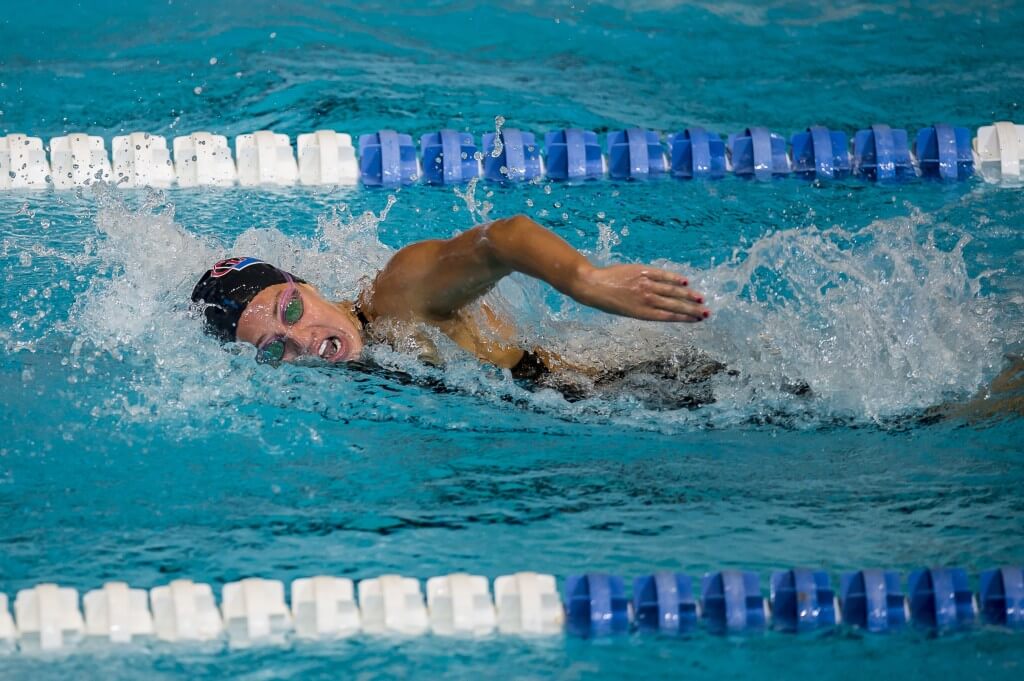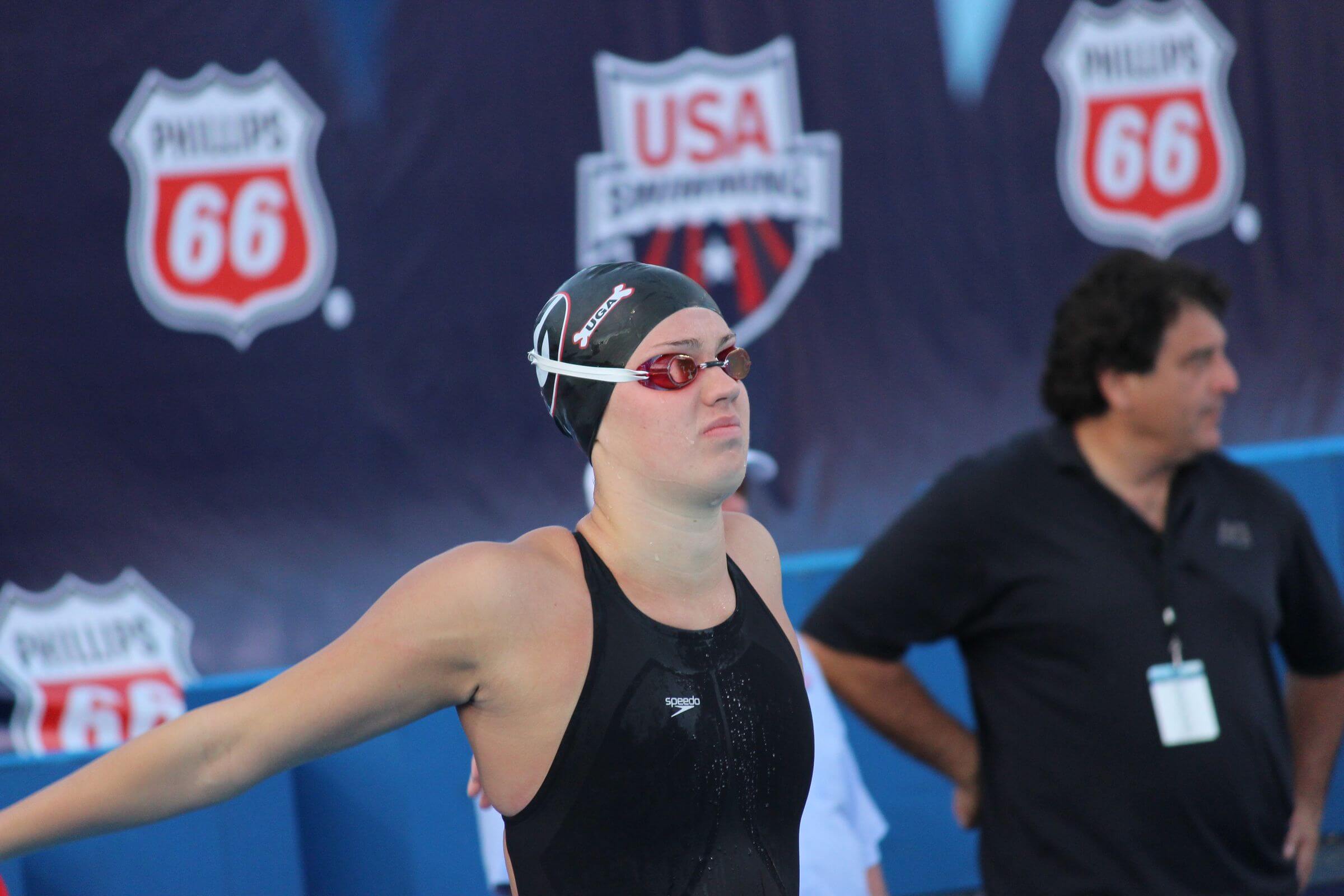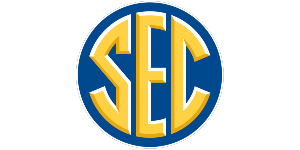Rachel Zilinskas, Former Georgia All-American, Enjoying Second Career in Triathlon

Rachel Zilinskas, Former Georgia All-American, Enjoying Second Career in Triathlon
Filling the hole left by swimming was a complex challenge for Rachel Zilinskas when she left the University of Georgia.
The void was obvious for the All-American swimmer. Since she was a child, first at Germantown Academy and then in Athens, Zilinskas took pride in the hours of work she put in. At two daunting, distance-heavy programs, Zilinskas thrived, as a national teamer in the pool and in open water, an all-purpose distance specialist who harbored realistic Olympic dreams.
But her relationship to the sport grew complicated. She loved being a Bulldog enough to add a fifth year at the school to obtain a master’s degree. But a torn rotator cuff that she swam through during her sophomore year derailed her upward trajectory. Years of physical and mental adaptation became too arduous, even if she attained her best NCAA finishes in 2015 – sixth in the mile, eighth in the 500 free – on one good arm. All the rehab, resets and restarts made that passion difficult to sustain.

Rachel Zilinskas at Nationals in 2014; Photo Courtesy: Griffin Scott
By the end of her time in Athens, her body was done. But her spirit still craved the grind.
“My last two years, there were of course wonderful highlights of getting to compete with my teammates,” Zilinskas said recently. “I got a few best times here and there in some off events that I hadn’t swam in a while. But for me personally in terms of my swimming career, it was tough.”
When she relocated to the University of Minnesota, where she’s pursuing her Ph.D. in biostatistics, Zilinskas wanted something to fill the gap. She tried running, in her competitive way building up from 5ks to half-marathons to a full marathon. She dabbled in cycling classes. And, given her open-water swimming background, the idea was floated soon enough: Hey, what about triathlons?
A few years into her second athletic journey, Zilinskas is a professional triathlete, with a couple of high-profile top-10 finishes at Ironman events to her name. She’s also rediscovered that training passion that was taken away by her college injury woes.
“I had done it before, so I felt like I could do it again,” she said. “This was the way I personally was used to doing things. It’s still difficult every day, just trying to plan out the day to try to execute what I need to get done in the best possible way. But all the while, the emphasis on triathlon has increased as I’ve gone on.”
‘It felt like a personal failure’
Zilinskas’s perseverance through her shoulder injuries is a testament to how talented a swimmer she is. In 2012, before her senior season at GA, she qualified for Trials in a slew of events. She ended up ninth in the 800 free and 15th in the 400 free, with the kind of classical 200-stroke, freestyle distance, 400-IM specialty that GA and Georgia are known to churn out. At just 17, she was on the short list of names to watch for 2016.
But her body didn’t quite hold up its end of the bargain. She started her career in Athens on a high, helping the Bulldogs win the national title in 2014 by making three B finals at NCAAs. She followed it up with two A finals the next year, and still gutted out a 14th-place finish in the mile in 2016 as the Bulldogs won another team title. Down to her last day in a Georgia cap – she was 17th in the mile, 21st in the 400 IM and 26th in the 500 free at NCAAs as a senior – she was a contributor. As of the end of the 2022 season, Zilinskas remains fourth in program history in the 200 back, sixth in the mile and 10th in the 500 free.
But for someone so fastidious in her training, all those efforts came at a cost.
“It was really difficult, especially watching my teammates continuing to be able to do the yardage and do everything in the weight room and I couldn’t,” she said. “It felt like a personal failure. It truly wasn’t; this was a very physical problem. But mentally I took it as a personal failure.
“Every time I would have to get out of practice early and not be able to complete a practice or have to transition to kicking, it felt like a lot of shame. Every time I would have to leave the pool deck, it felt like a walk of shame.”
When Zilinskas walked away from the pool, she was still in love with swimming. It just had become clear that it wasn’t exactly in love with her.
Diving back in
After getting her master’s in statistics, Zilinskas began her Ph.D. studies in the Twin Cities. As engrossing as biostatistics is, she had time to fill, with a schedule no longer accommodating hours of mandatory daily training.
She looked for new outlets in all the usual places – running, fitness classes, anything to get her by now healed body moving again. Even when she found something that scratched the physical itch, the mental aspect that came from nearly two decades of goal-driven competition was noticeably absent.
“When I first retired from swimming, I think any former swimmer will tell you this, the transition into the ‘real world’ is very, very tough,” she said. “Specifically the transition with how to exercise and I definitely struggled with that, knowing what was enough, knowing what was healthy. I tried a lot of different things, but I still kind of felt at a little bit of a loss not having a physical goal to work towards.”
Here, Zilinskas leaned on her fitness-focused family. Her mom, Susan, does triathlons and long-distance running events. When Zilinskas got into it, she went in whole hog, working with coach Andrew Yoder, based in her native Pennsylvania, to explore what this path could bring.
Only a swimmer of Zilinskas’ background would identify one of the positives of her triathlon training as its length. Since the mile swim is, in her words, “only 15 minutes,” the swim portion of a triathlon that can stretch near an hour offers more opportunities to press her advantage. Adjusting to Ironman races that can last for 10 hours – her recent showing in Texas took 9 hours, 23 minutes and 35 seconds – was fine by her. Not having her face in the water opens up chances to explore the “competitive, strategic aspects that I really enjoyed in swimming” in news ways.
There was the small item of merging her training with her academic demands to navigate. But even that challenge felt familiar from undergrad. It was aided by studying remotely during the pandemic, which has led to her relocating to Arizona to train while finishing her studies.
“When I first started competing in triathlon, I still saw it as more of a hobby, more of an outlet to fuel that competitive fire, but also just provide more balance in my life as I got into my studies,” she said. “I struggled with that at first because no one in my cohort or my Ph.D. program was taking time to do those kinds of things. So I felt guilty in some ways taking that time to train for triathlon. But I was a student-athlete in college and I drew on that experience because student-athletes have to balance that.”
Even more than when she was in the pool, Ironman competitions give Zilinskas a chance to push her body to its absolute limits. She’s more attracted to the Ironman discipline rather than pursuing Olympic triathlon, which is a shorter distance and requires more technical acumen on the bike and in running. Having those long-term goals to aim at brings her back to what she so relished in the water.
Turning professional is one step on that pathway, one she hopes will help her unlock others.
“It’s been my goal these past few years as I’ve noticed myself have an ability in this sport,” she said. “It’s changed my goals to compete at the highest level, so competing as a professional is the highest level.”




